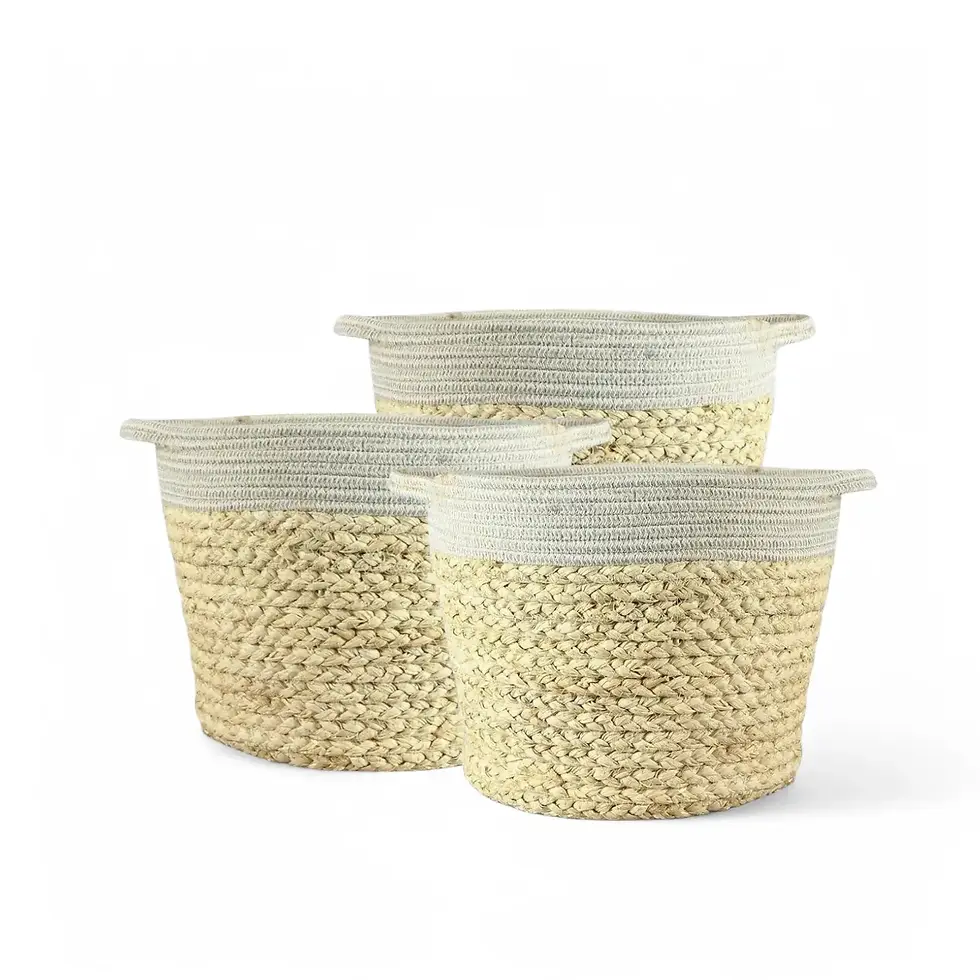Tradescantia pallida 'Pink Stripe' – Care and Growth Guide
Tradescantia pallida 'Pink Stripe' is a captivating cultivar celebrated for its vibrant foliage. The plant features deep purple, lance-shaped leaves adorned with striking pink stripes, creating a vivid contrast that enlivens any indoor space. Its trailing habit makes it ideal for hanging baskets or as a cascading element on shelves, bringing a touch of elegance to your home decor.
Key Characteristics and Advantages of Tradescantia pallida 'Pink Stripe'
- Vibrant Foliage – Deep purple leaves with prominent pink stripes
- Trailing Growth – Perfect for hanging baskets or as a ground cover
- Low Maintenance – Adaptable and easy to care for
- Fast Growth – Quickly fills space with lush foliage
Essential Information About Tradescantia pallida 'Pink Stripe'
- Origin – Cultivar of Tradescantia pallida, native to Eastern Mexico
- Growth Habit – Trailing or spreading with thick, succulent stems
- Indoor Size – Typically reaches lengths of 30–60 cm
- Toxicity – Sap can cause skin irritation; keep away from pets and children
Care Guidelines for Tradescantia pallida 'Pink Stripe'
Light and Placement
- Thrives in bright, indirect light; tolerates lower light but may lose vibrancy
- Direct sunlight enhances leaf coloration but prolonged exposure can scorch foliage
Watering and Humidity
- Water when the top layer of soil feels dry, avoiding overwatering
- Prefers moderate to high humidity but adapts to average indoor levels
Temperature and Soil
- Thrives in temperatures between 18–24°C
- Requires a well-draining, aerated potting mix
Repotting and Fertilization
- Repot every 1–2 years or when roots outgrow the container
- Use a pot with proper drainage to prevent water retention
- Fertilize monthly with a balanced liquid fertilizer during active growth
Propagation and Growth Methods
- Easily propagated via stem cuttings
- Grows well in semi-hydroponic setups using an inert substrate
- Regular pruning encourages bushier growth and prevents legginess
Common Issues and Solutions for Tradescantia pallida 'Pink Stripe'
- Faded or dull coloration? Increase light exposure for more vibrant pink stripes
- Yellowing leaves? Reduce watering and ensure proper drainage
- Leggy growth? Trim stems regularly to encourage compact, bushy growth
- Pests like spider mites, aphids, or mealybugs? Treat with neem oil or insecticidal soap
- Root rot? Avoid overwatering and use well-draining soil
Additional Notes
Understanding the natural growth conditions of Tradescantia pallida helps provide optimal indoor care. Replicating its warm, bright, and well-drained environment ensures a thriving plant.
Interesting Facts
Tradescantia pallida was originally named Setcreasea pallida by botanist Joseph Nelson Rose in 1911. In 1975, D.R. Hunt of the Royal Botanic Garden Kew reclassified it under the genus Tradescantia. The genus name honors John Tradescant, a notable plant collector and gardener for King Charles I of England, who, along with his son, introduced many plant species to Europe. The species epithet "pallida" refers to the pale flowers of some individuals, as many species of Tradescantia have white or bright blue flowers. :contentReference[oaicite:0]{index=0}
FAQs About Tradescantia pallida 'Pink Stripe'
- Is Tradescantia pallida 'Pink Stripe' pet-friendly?
No, its sap can cause irritation, so it’s best kept away from pets. - How can I enhance the pink coloration?
Provide bright, indirect light or partial direct sun to intensify the pink stripes. - Can it be grown in water?
Yes, it propagates well in water, though long-term growth is better in soil.
Order Tradescantia pallida 'Pink Stripe' today and bring a bold splash of pink and purple into your home!
Tradescantia pallida ‘Pink Stripe’
Tradescantia pallida 'Pink Stripe' is approximately 10 cm tall and comes in a ⌀ 6 cm pot

























































